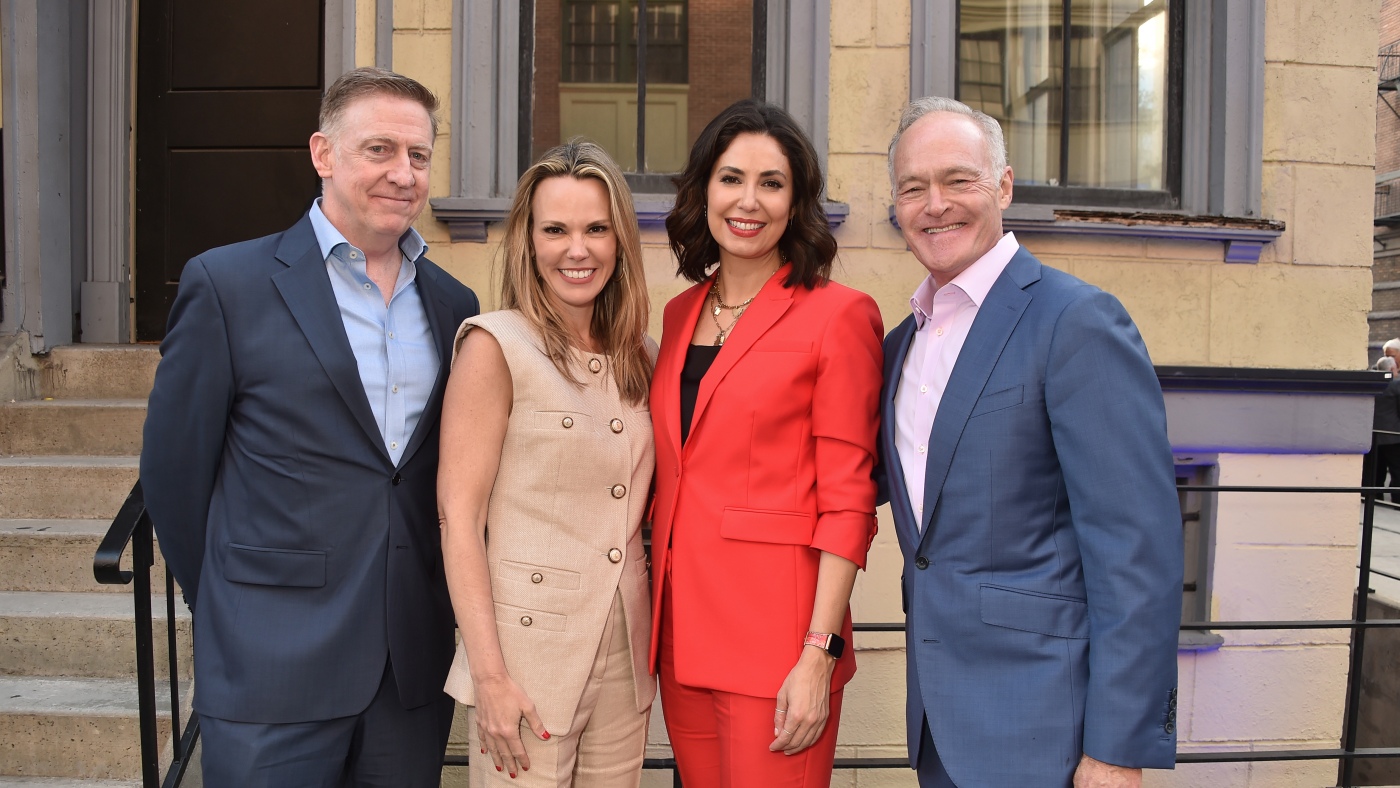Navigating the Storm: CBS News Amid Legal and Leadership Turmoil
A Battle Beyond the Courtroom
CBS News currently finds itself at the epicenter of a high-stakes conflict driven by a $20 billion lawsuit from former President Donald Trump. The lawsuit accuses the network of deceptive editing in a “60 Minutes” interview with Vice President Kamala Harris, alleging that CBS intentionally manipulated the segment to interfere with voters. This legal challenge is not just a monetary dispute; it threatens to undermine longstanding journalistic practices and freedom at one of America’s most iconic news outlets.
The magnitude of the lawsuit elevates the situation from a typical media controversy to a crisis that directly endangers CBS News’s editorial credibility and operational stability. Beyond immediate financial concerns, the case opens questions about the boundaries of media responsibility and the risks of political retaliation through legal means.
The Lawsuit’s Far-reaching Consequences
Trump’s allegation that the network distorted Vice President Harris’s words taps into broader fears about media manipulation and political influence. A $20 billion claim is unprecedented and signals an aggressive approach intended to pressure the network into concessions. For CBS, this represents more than just financial risk; it poses a potential chilling effect on investigative journalism.
Legal analysts warn that such lawsuits, if successful or even prolonged, can deter news organizations from pursuing hard-hitting stories about powerful figures. Paramount Global’s contemplation of settlement options underscores how corporate considerations complicate editorial decisions, breeding internal disagreements over whether to prioritize journalistic values or safeguard business interests.
Leadership on Shaky Ground: Key Resignations
Amid this turmoil, CBS News has witnessed significant leadership upheaval. Wendy McMahon, the News President, resigned abruptly, citing irreconcilable differences on how to manage the lawsuit crisis. This departure signals not only personal frustration but a deeper organizational rift over strategy and principles.
Similarly, Bill Owens, venerable executive producer of “60 Minutes,” resigned under pressure, expressing concerns about losing editorial control to corporate pressures. Owens’s exit highlights the tense push-pull between safeguarding the integrity of investigative journalism versus complying with corporate risk-aversion.
These resignations remove critical voices and experience from CBS News during a difficult period, contributing to a vacuum that risks further destabilizing the newsroom and impairing its public image.
Corporate vs. Editorial: Paramount and CBS News at Odds
The crisis has laid bare the friction between the journalistic arm of CBS News and its corporate overlord, Paramount Global. While CBS’s news division leans towards defending its independence and pushing back against the lawsuit, Paramount’s priority appears more pragmatic: minimizing legal exposure through possible settlement.
This corporate-news conflict underscores a fundamental tension in modern media: the balance between maintaining editorial integrity and managing shareholder expectations. The divide erodes trust within the newsroom and complicates decision-making, forcing staff to wrestle with ethical dilemmas amid financial realities.
Upholding Journalism in the Crossfire
The stakes extend far beyond internal corporate disputes. CBS News’s plight epitomizes challenges faced by many legacy media institutions caught in the crossfire of political agendas and commercial pressures. Owens’s resignation embodies a cautionary tale of editorial autonomy facing unprecedented threats in an era of legal intimidation.
Critics argue Trump’s lawsuit functions as a strategic weapon to stifle unfavorable reporting by leveraging the outsized threat of financial ruin. Such a tactic raises urgent questions about the resilience of the First Amendment protections under modern political pressures and the responsibility of media companies to stand firm against these incursions.
The Future of ‘60 Minutes’: Tradition Under Threat
“60 Minutes,” with six decades as a paragon of investigative journalism, now grapples with its identity amid shifting internal dynamics and external pressures. Owens’s departure presents a symbolic rupture in the program’s stewardship, challenging its ability to maintain the rigorous, fearless reporting that has defined it.
The ongoing legal battle and executive instability require “60 Minutes” to navigate an uncertain future, balancing the imperative of critical coverage against the risks posed by intensified scrutiny and corporate caution.
What Lies Ahead: Settlement Versus Resistance
CBS News stands at a crossroads. Paramount’s inclination towards potential settlement could end the lawsuit swiftly but may be perceived as compromising journalistic independence. On the other hand, opting to fight could bolster CBS’s reputation for integrity but at significant financial and organizational cost.
The decisions made in this moment will not only shape the network’s future but will also send ripples through the broader media ecosystem. As legal challenges against the press escalate nationwide, CBS’s course will be instructive for how media houses navigate the complex intersection of politics, law, and commerce.
A Moment That Could Redefine Media Freedom
CBS News’s current crisis marks a pivotal juncture, encapsulating the fragile state of press freedom facing modern media. The resignations, internal conflicts, and external threats weave a narrative of struggle between journalistic principles and corporate pragmatism.
How CBS reconciles these pressures will resonate well beyond this one network, influencing perceptions of media independence in an era marked by legal and political battles over the truth. This episode could define CBS’s legacy and set a precedent for how media organizations confront aggressive legal challenges in defense of fearless journalism. The world watches, as the survival of foundational media freedoms hangs in the balance.











